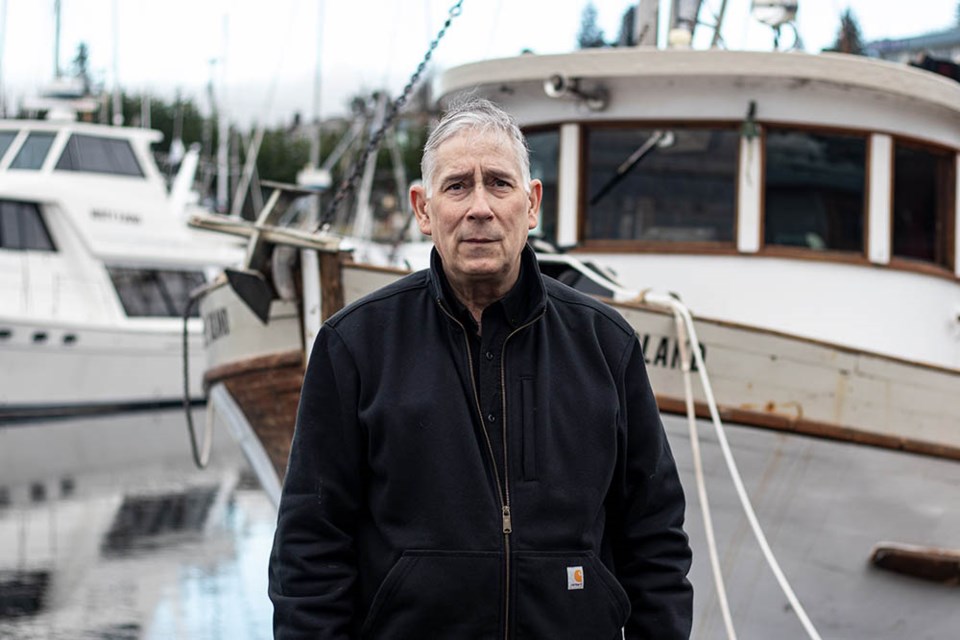Insurance providers require a marine survey at the time of sale and different yearly intervals depending on a vessel. But a local marine surveyor says the smartest decision someone can make before committing to a boat is to get a marine survey prior to the purchase.
“Although a family boat may get folks to and from their favourite docks for years, they could be sailing an unsafe vessel,” says Roger Whittaker, an American Boat and Yacht Council-Certified Trusted Advisor and owner of PR Marine Surveyors. “A fire or any calamity on a lake or the ocean can be catastrophic and expensive, which is one of the reasons a survey is required.”
Unlike a house, which is safely fixed to an accessible location, a vessel on the ocean or even docked is sitting in a hostile environment, according to Whittaker.
“By the time anybody shows up to help you with your boat, it’s already sinking,” he says, “and you’re either dead or putting rescuers’ lives in peril while they save you.”
A marine survey is a detailed and technical survey of a marine vessel. The survey speaks to the condition and value of the boat and relays risk information to underwriters, such as thru hulls, hoses, electrical, fuel containment and distribution, safety and navigation equipment, and cosmetic items potentially eroding safety or vessel value.
Typically completed at the demand of insurance companies, a marine survey helps the insurer determine value and the risk level undertaken to insure the vessel.
During the survey, Whittaker looks for hoses properly stamped for marine use, installed, clamped and purposed for their application aboard the vessel. He also looks for marine-rated boat cable, marked as such, which is electrical cable, tinned to prevent corrosion and shielded against radio waves.
“The ocean is a giant battery, like when you’re pushing your shopping cart across the floor, and sometimes when you touch it, you get a little zap,” explains Whittaker. “Boats are doing that constantly in the water, even when they’re sitting still.
“Because the water is always moving, and salt is an electrolyte, corrosion is happening all the time regardless of the makeup of your boat, whether it’s wood, aluminum, fibreglass or steel.”
Insurance companies require a survey after a boat passes 15 years of age, and every three to five years thereafter, depending on the composition of the boat. Surveys are compiled in a detailed report so insurers can quickly assess whether or not they want to underwrite that particular boat.
“When I go through your vessel, I take a lot of pictures and spend a lot of time going through readily accessible components to ensure the underwriter and owner have a good understanding about that vessel,” says Whittaker.
Whittaker wants boat owners to know he does not make a decision to provide insurance or tell a person to buy or not buy a boat. He doesn’t pass or fail the boat.
“I report your boat as it is the day I see it,” he says. “It’s up to the underwriter to accept the risk of your vessel as their liability.”
But he does make recommendations, which most marine insurance companies require to be completed within a certain amount of time.
However, boats are a significant purchase. Discovering repairs needed after purchasing can cost thousands of dollars. Hiring a surveyor before committing will be the smartest boating choice someone can make, says Whittaker.
“Hiring a surveyor eliminates the possibility of surprises,” he adds, “and ensures buyers have a good understanding of what they are proposing to purchase.”
Whittaker can be reached at [email protected] or 604.414.6266.



